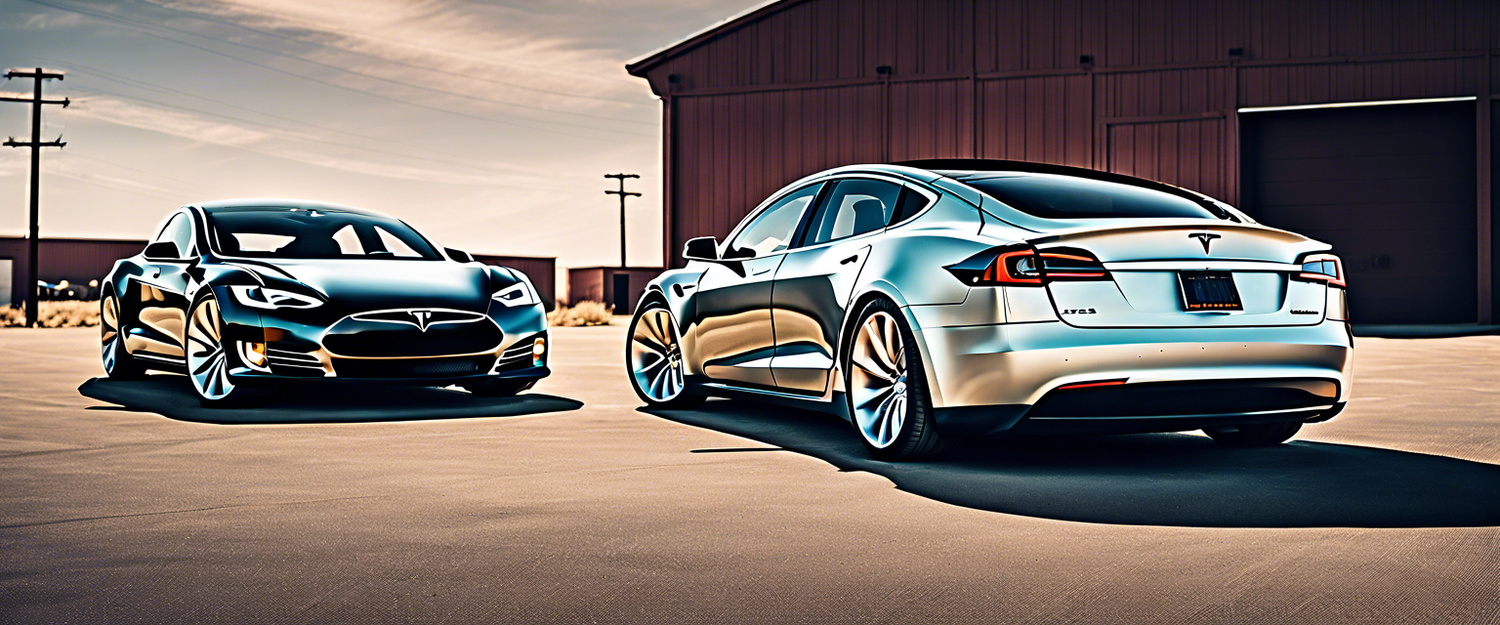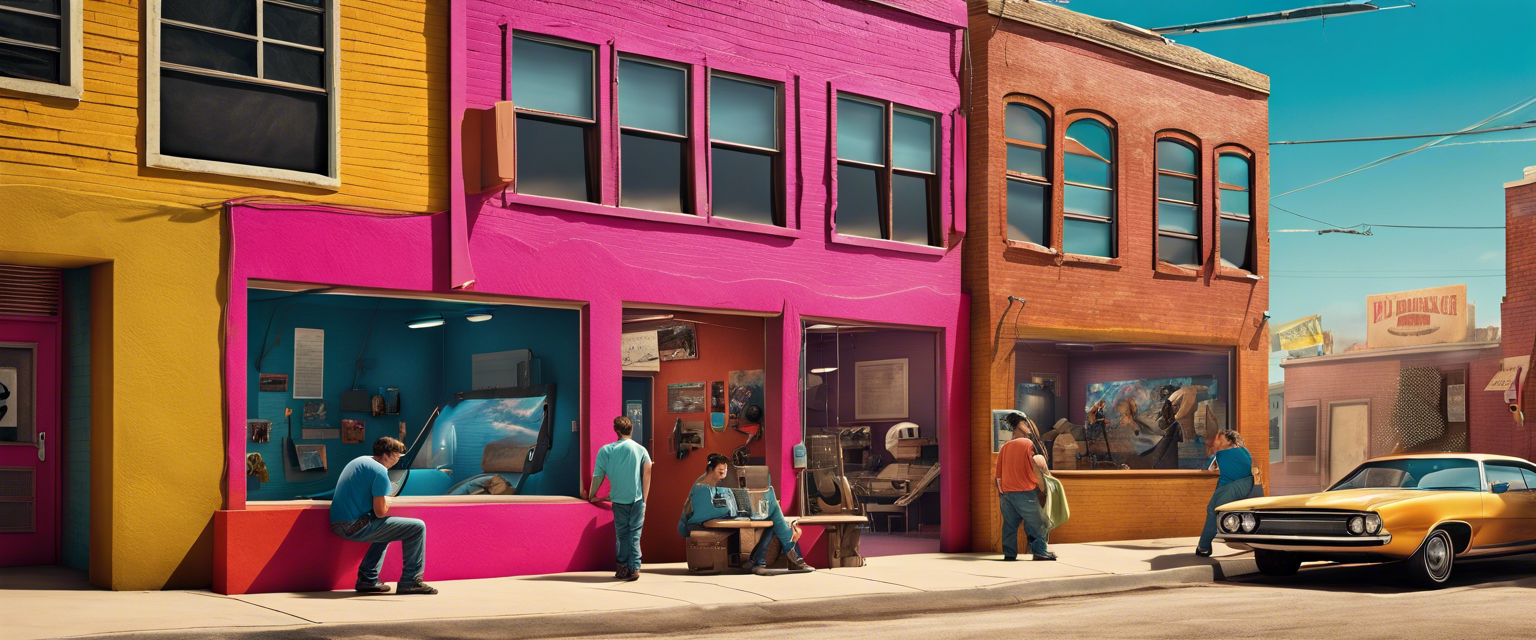Tesla's Legal Victory Over Autopilot Claims
Tesla Inc. and its CEO Elon Musk have recently received a significant boost as a federal judge dismissed a lawsuit alleging fraud against shareholders regarding the safety and effectiveness of the company's driver-assist technology.
Key Points from the Recent Ruling
On Tuesday, US District Judge Araceli Martinez-Olguin ruled that the plaintiffs did not adequately demonstrate that Musk had acted with "deliberate recklessness" in his claims concerning Tesla’s Autopilot and Full Self-Driving technology. The judge noted that Musk's statements may have been viewed as corporate puffery, reflecting exaggerated expectations rather than factual claims.
Understanding Corporate Puffery
Corporate puffery refers to the practice where companies exaggerate the merits of their products or services, often related to future expectations. In this case, Musk's assertions about Tesla’s self-driving capabilities fell into this category. This ruling has been identified as a pivotal moment in the ongoing legal challenges facing Tesla.
The Dismissal and Its Implications
The judge dismissed the case "without prejudice," meaning it can be brought back to court with amendments. This ruling reflects broader trends where companies can express future expectations without liability, as long as there is no indication of reckless intent.
Tesla's Legal Landscape and Ongoing Investigations
While this recent dismissal is a win for Tesla, the company still faces ongoing scrutiny. Tesla has recently won two jury trials related to claims that its Autopilot technology led to vehicle crashes. Nevertheless, the company is under investigation by the California attorney general’s office and the US Department of Justice regarding its self-driving claims.
Recent Recalls and Future Scrutiny
Furthermore, Tesla’s recall of Autopilot earlier this year has led to further investigations to determine if the underlying issues have been adequately addressed. These challenges indicate the complex legal environment surrounding driver-assist technology as regulatory bodies seek to ensure consumer safety.
What's Next for Tesla?
Ahead of Tesla’s anticipated unveiling of the fully autonomous robotaxi on October 10th, the automotive world is watching closely. This long-awaited product could redefine the future of transportation and possibly shape the outcomes of ongoing legal disputes regarding Autopilot technology.
Conclusion: The Future is Electric
As Tesla navigates these legal waters, its advancements in driver-assist technology will continue to attract attention from both consumers and regulators alike. The outcomes of these investigations and lawsuits may ultimately influence the broader conversation on the safety and regulatory requirements for emerging technologies in the automotive industry.
For further reading on Tesla's innovations and challenges in the automotive space, check out our articles on Tesla Autopilot Safety and Elon Musk's Leadership in Tech.



Laat een reactie achter
Alle reacties worden gemodereerd voordat ze worden gepubliceerd.
Deze site wordt beschermd door hCaptcha en het privacybeleid en de servicevoorwaarden van hCaptcha zijn van toepassing.